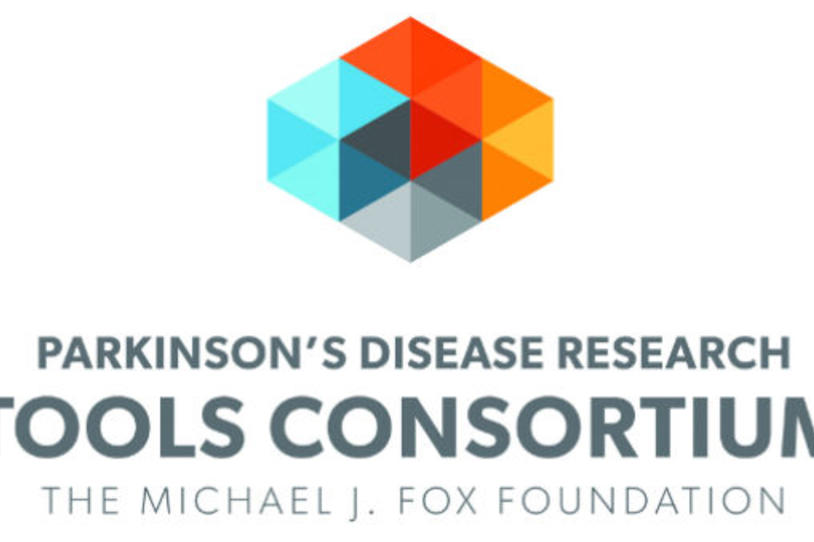
Earlier this year we told you about how researchers need the “right ingredients” for laboratory experiments. The Michael J. Fox Foundation (MJFF) devotes significant resources toward the development and distribution of a number of these “ingredients” — research tools like pre-clinical models, antibodies and cell lines — because time by researchers spent making them is time away from making discoveries that could speed treatment breakthroughs to people living with Parkinson's disease (PD).
The MJFF Research Tools Program recently marked some milestones in the ongoing effort to strategically grow the MJFF tools catalogue and improve understanding of current tools and their utility.
Parkinson’s Disease Research Tools Consortium
Today MJFF announced the launch of the Parkinson’s Disease Research Tools Consortium. MJFF and seven industry partners have organized to grow the Foundation’s ongoing efforts to better understand existing tools and their use in laboratory experiments, as well as to develop new tools to address unmet challenges.
The Tools Consortium formalizes previously ad hoc input and feedback from tool developers and end-users in pursuit of more robust tools for the Parkinson’s research community. Through regular teleconferences, consortium members share ideas on how to improve and learn more about existing tools and on how to fill current gaps. With consensus support the consortium will move on prioritized projects.
Pre-Clinical Model Generation, Characterization and Distribution
MJFF researchers also yesterday published a paper on the Foundation’s work creating, characterizing and distributing pre-clinical models, which mimic biological features of disease. Scientists use these models to test new drugs and treatments for safety and efficacy before introducing them to humans.
In addition to the time suck that creating research tools like these take, the one-off approach that many laboratories take – creating their own models for their own experiments – presents problems of reproducibility. Research findings need to be replicated to be validated, and using different “ingredients” leads to less conclusive reproducibility outcomes. MJFF makes batches of models with the same recipe, assures each is the same and then makes them available to any researcher who needs them.
We characterize the tools, too, to tell scientists which model would be best for their experiment. To stay with the “ingredient” analogy, we tell you whether you should use cake flour or all-purpose flour to make the pancakes you’re planning [answer: it’s all-purpose]. We also ask researchers who use our tools to tell us how they worked in their experiments, so we can share with the larger community.
The authors – led by Marco Baptista, PhD, MJFF associate director of research programs – of the paper in Disease Models & Mechanisms profiled this process of generating, characterizing and distributing 26 pre-clinical models. Our staff hope publishing on their methods will increase awareness of and engagement with the MJFF tools catalogue.
New Tools Available
The MJFF Tools Program lists 260 pre-clinical research tools available to scientists, and, since our first antibody became available in 2010, we have distributed our tools more than 8,500 times. These numbers are growing, and in the next month we’re adding two new LRRK2 antibodies.
The Total LRRK2 Antibody was characterized in recent studies (published in Biochemical Journal), and we’re now making this critical tool more widely available to the research community. The Phospho-specific LRRK2 Antibody will be used in investigation of phosphorylation on the LRRK2 protein, which will help learn more about the role of this post-translational modification and its significance in LRRK2 biology and PD.
Read more about the MJFF Research Tools Program.
